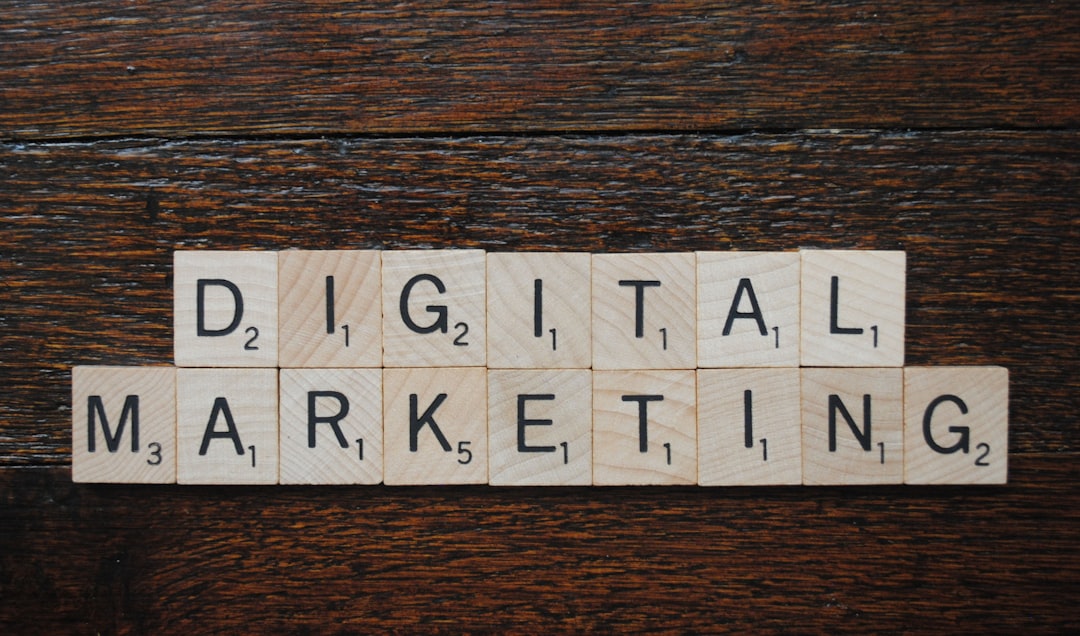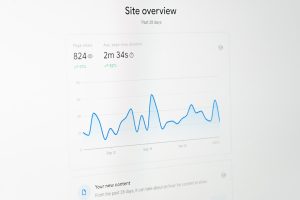
In the constantly evolving digital landscape, few sectors are transforming as quickly and profoundly as digital marketing. As artificial intelligence (AI) becomes more integrated into our daily lives, it is also reshaping how brands connect with customers, how campaigns are created and optimized, and ultimately, what kind of roles will exist in the marketing world. The implications are far-reaching and highly significant—for businesses, professionals, and society at large.
The Acceleration of AI in Marketing
Over the past decade, AI has moved from being a futuristic concept to a tangible force within digital marketing. Today, we see AI being used in:
- Customer segmentation: Algorithms analyze user behavior and demographics at unprecedented speed and accuracy.
- Content personalization: AI tools tailor newsletters, product recommendations, and even website experiences on an individual basis.
- Predictive analytics: Marketers can forecast customer behavior, helping businesses make data-driven decisions.
- Chatbots and conversational AI: Businesses provide 24/7 support while enhancing customer experience and reducing workload.
- Programmatic advertising: AI automates media buying to target audiences more effectively and with greater ROI.
This fast-paced transformation is redefining the very nature of digital marketing roles, requiring a reevaluation of which skills will be vital in the near—and distant—future.
The AI Opportunity: Enhancing Human Creativity
While some fear that AI may replace marketers, many experts suggest that it is more likely to augment rather than eliminate human capabilities. AI excels in analyzing large data sets, automating repetitive tasks, and uncovering patterns invisible to the human eye. However, the essence of marketing—emotional connection, storytelling, strategic thinking—still relies heavily on human intuition and creativity.
Professionals who embrace this synergy will find themselves in high demand. For instance, data-driven creatives who understand how to harness AI to generate insights and then turn those insights into compelling narratives will be especially valuable in the AI-dominated landscape.

New Roles and Career Paths in the AI Era
As digital marketing becomes increasingly entwined with AI tools and techniques, we are already witnessing the emergence of new job roles. Below is a list of positions that are expected to dominate the industry in the coming years:
- AI Marketing Specialist: Experts who understand both marketing principles and how AI models operate will be in high demand to bridge the technical and creative teams.
- Marketing Data Analyst: With AI generating vast amounts of consumer behavior data, analysts will play a crucial role in interpreting this data to guide strategic decisions.
- Content Experience Designer: Rather than simply creating content, these professionals design personalized content journeys that adapt based on user interaction data.
- Ethical Marketing Advisor: As AI raises serious ethical considerations including privacy and bias, new roles focused on ensuring compliance and ethical standards will emerge.
- Human-AI Interaction Specialist: This role will focus on how users interact with AI-driven systems such as chatbots or recommendation engines, ensuring usability and user satisfaction.
These career paths underscore the need for multidimensional skill sets that combine technical literacy, creativity, and ethical awareness.
Skillsets for the Next Generation of Marketers
To remain competitive in the AI-powered marketplace, professionals must rethink the skills they develop. The digital marketer of the future will need a blend of soft and hard skills, including:
- Data literacy: Understanding how to read, interpret, and act on data insights is no longer optional.
- Technical proficiency: Knowledge of machine learning basics, algorithmic bias, and API integration can differentiate candidates.
- Creative adaptability: The ability to bring a human touch to AI-generated insights will be a key differentiator in the workplace.
- Critical thinking: Professionals must be able to question outcomes and assess the strategic relevance of AI outputs.
- Ethics and compliance: A robust knowledge of digital rights, privacy laws, and fair use will become increasingly crucial.
Organizations are also changing their hiring practices, not only looking for experience in SEO and ad platform management, but increasingly prioritizing interdisciplinary knowledge—such as an understanding of behavioral science or human-centered design approaches.
Challenges and Ethical Concerns
Despite its myriad benefits, AI introduces complex challenges. One significant issue is the over-reliance on automation, which can lead to content fatigue, homogenization of ideas, and loss of brand voice. There’s also the persistent problem of data privacy. With tools collecting and processing vast amounts of user data, the risk of how that data might be misused or mishandled has never been greater.
Another concern is algorithmic transparency. As AI begins to control more aspects of campaign management and content distribution, understanding how decisions are made within the algorithm becomes difficult. This lack of transparency makes it harder to trace errors or biases in AI-produced outcomes.

How Should Marketers Prepare?
Rather than resisting AI, marketers should seek to adopt a mindset of continuous learning and adaptation. Here are a few practical steps for professionals wanting to future-proof their careers:
- Upskill in analytics and AI tools: Platforms like Google Cloud, IBM Watson, and Adobe Sensei offer certifications that demonstrate proficiency with AI in marketing contexts.
- Stay informed: Subscribe to reputable digital marketing publications and AI research journals to keep up with global trends.
- Experiment with AI tools: From copy generators like ChatGPT to campaign optimizers, hands-on experience can provide invaluable insights.
- Join peer networks: Communities and industry groups can offer support, feedback, and collaborative opportunities in the AI transition.
Embracing these steps can help professionals maintain relevance and continue delivering value—even as machines take on more of the analytical heavy-lifting.
Conclusion: A Collaborative Future
It is clear that AI will play a transformative role in the future of digital marketing. But this does not signify the end of human involvement in the field—in fact, it signals a rebalancing of roles and responsibilities. Marketers will need to relinquish certain analytical or repetitive tasks to machines but will gain new opportunities to innovate, create, and strategize.
Ultimately, the most successful digital marketers of the AI era will be those who learn to collaborate with artificial intelligence, rather than compete against it. They will blend the best elements of science and art, automation and intuition, to create marketing experiences that are not only efficient but also deeply meaningful.
As the industry continues to evolve, those who commit to lifelong learning, ethical practice, and cross-disciplinary acuity will be best placed to lead the next generation of marketing professionals—and shape a future where technology and humanity coexist harmoniously.






